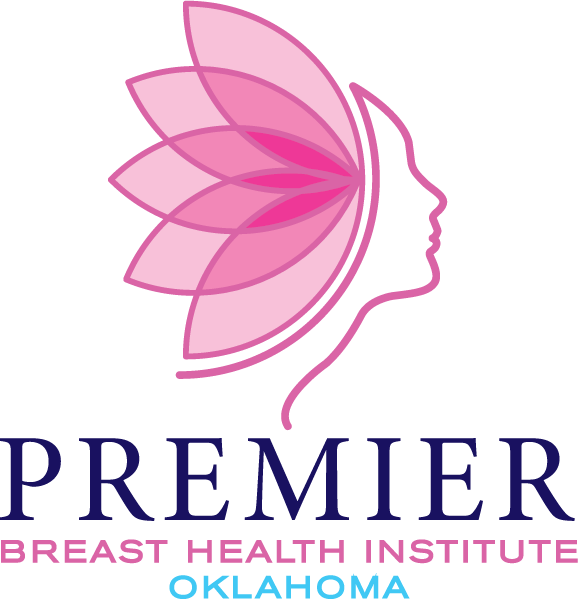Should The Increase In Male Breast Cancer Cases Worry You?
Breast cancer isn't just a woman's disease. Men are increasingly affected, facing late diagnosis due to lower awareness and screening. Understanding male breast cancer is crucial for early detection and improved outcomes. Oklahoma breast care centers are dedicated to providing comprehensive care and raising awareness for everyone affected by this disease.
Raising Awareness Of Male Breast Cancer
While male breast cancer often goes unmentioned, it's crucial to remember it's not as uncommon as one might think. For every 100 women diagnosed with this disease, one man receives the same diagnosis. Each year, the United States sees roughly 2,000 new cases of male breast cancer, a small but significant figure when compared to the approximately 200,000 new cases diagnosed in women. Interestingly, the incidence rate in men is on the rise, likely attributed to increasing life expectancy. This highlights the importance of breast care centers providing resources and support for both men and women affected by this disease.
Recognizing The Signs Of Male Breast Cancer
While male breast cancer can develop at any age, it's most frequently diagnosed in men between their 60s and 70s, with cases before the age of 50 being relatively uncommon. Lumps are the most typical symptom, but bloody nipple discharge can also occur. In some rarer instances, men experience skin irritation or ulceration, a condition known as Paget's disease. Given the varying presentations, seeking consultation at a breast care center at the earliest sign of any abnormality is crucial for prompt diagnosis and treatment.
The Silent Progression Of Male Breast Cancer
A striking contrast between male and female breast cancer lies in detection methods. Men typically don't undergo annual mammograms or practice routine breast self-exams, a stark difference from women. This means male breast cancer is rarely discovered during screening mammograms, unlike in women, where over half of all cases are detected this way. This disparity often leads to later-stage diagnoses in men, with almost half presenting with stage III or IV cancer at their initial breast care center visit. This is significantly higher than the 10% of women who present with advanced-stage disease.
Understanding The Risk Factors Of Male Breast Cancer
While breast cancer can affect any man, certain factors can elevate the risk. These include exposure to radiation or estrogen, obesity, liver disease, and chronic alcoholism. The most significant risk factor is Klinefelter syndrome, a rare genetic condition characterized by an extra X chromosome. If you have concerns about your risk for male breast cancer, discuss it with your doctor or a breast care center.
The BRCA Connection In Male Breast Cancer
BRCA1/2 gene mutations significantly influence male breast cancer risk. These are found in roughly half of all diagnosed men. Genetic consultation and testing are crucial for any male with breast cancer. Early detection is essential. For individuals with a BRCA mutation, the risk of developing breast cancer by age 70 is estimated to be between 5 and 7 percent. Men with a family history of breast cancer or other BRCA-related cancers should consult with a reputed breast care center. They can receive personalized risk assessment and guidance.
How Can Men's Breast Cancer Affects Women
The significance of male breast cancer extends beyond men, as it also raises concerns for women in their families. A male relative diagnosed with this disease increases a woman's risk of carrying a BRCA1/2 gene mutation. Consequently, women with a first or second-degree male relative diagnosed with breast cancer should be considered high-risk and advised to undergo genetic testing at a breast care center. They may also benefit from more frequent and intensive breast cancer screening to ensure early detection with mammograms and prompt physical examination.
Take Charge Of Your Breast Health
Knowledge is power, especially when it comes to your health. If you or someone you care about has questions about male breast cancer, don't hesitate to take action. The experts at Oklahoma breast care center are ready to provide the information and support you need. Schedule a consultation with Premier Breast Health Institute of Oklahoma today or visit our website to learn more about our full spectrum of breast care services.

